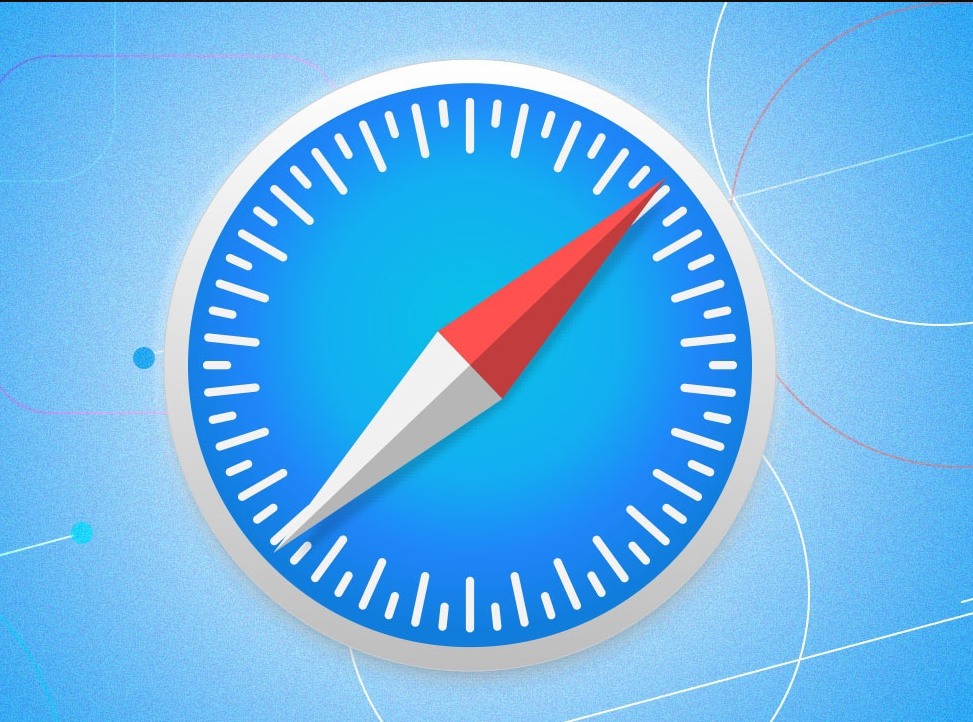You're online, you're browsing, you're sharing - but do you know who's watching? In today's digital world, it's crucial to understand data collection and online tracking.
It's not just about privacy; it's about taking control. This guide will help you navigate the complex world of cookies, digital footprints, and online privacy tools.
So, let's dive in, get informed, and reclaim your online space. After all, it's your world, you should be the one running it.
Understanding Data Collection
In your daily interactions with the digital world, you'd be amazed at the vast amount of data that's continuously collected and analyzed. Every click you make, every website you visit, every online purchase, even your geolocation - all these form part of the data that's collected. It's a digital fingerprint that's uniquely yours.
Understanding how data collection works isn't just for tech whizzes. You're already part of this data-driven community, and it's crucial that you know what's going on. It's your data, after all. Companies use this data to understand your preferences, and tailor their products and services to meet your needs. It's how you get those eerily accurate ads on social media or those personalized recommendations on shopping sites.
But remember, you're not just a passive participant in this process. You've got a say in how your data is used. Most platforms will allow you to manage your privacy settings. You can choose what data to share and what to keep private. It's all about finding a balance between convenience and privacy.
You're part of this digital age, so navigate it confidently and responsibly.
The Basics of Online Tracking
Now, let's dive into the numerous ways you're tracked online every single day. It may feel a bit overwhelming, but don't worry, you're not alone. We're all in this digital world together.
Every time you browse, click, like, or share something online, you leave digital footprints. These are collected and used by various entities, including websites, social media platforms, and advertisers. They use tracking technologies like cookies, beacons, or pixels to follow your online activities. It's like they're drawing a map of your digital journey.
Cookies, for instance, are small pieces of data stored on your computer by websites you visit. They remember your preferences, making your online experience smoother. But they also track your activities, creating a detailed profile of your interests.
Pixels and beacons work in a similar way. They're tiny, invisible elements embedded in websites or emails, recording your actions.
While it may sound invasive, remember that you can control your digital footprint. Use private browsing, block third-party cookies, or use a virtual private network (VPN). It's your journey, after all. You get to decide who's invited along for the ride.
How Websites Gather Your Data
Moving on from tracking technologies, let's delve into how websites specifically gather your data for their benefit. You're part of a community that's navigating the digital world together, so it's essential to understand this process.
Every time you visit a website, fill out a form, make a purchase, or even just browse, you're providing data. This can include your IP address, browser type, device info, and location. If you're logged in, it could even include your name and email.
Websites don't just collect this data for fun. They use it to personalize your experience, target ads, and enhance their services. It's a bit like being in a book club where they only recommend books you'd love. So, while it can feel invasive, it's also part of what makes the internet so user-friendly.
Role of Cookies in Data Collection
You mightn't realize it, but every single time you're online, cookies play a crucial role in collecting and storing your data. They're like little breadcrumbs that your internet browser leaves behind, telling websites where you've been and what you've done.
Cookies do a lot of work behind the scenes:
- They remember your login details so you don't have to type them in every time.
- They keep track of items in your online shopping cart.
- They tailor your online ads to your interests and browsing history.
- They help websites gather statistics about their users.
- They save your preferences, making your online experience smoother and more personalized.
Without cookies, you'd be essentially a stranger every time you revisit a site.
It's important to note, however, that while cookies can make your online journey more convenient, they also raise privacy concerns. They're not inherently bad, but like anything else on the web, they can be misused. So, it's crucial to stay informed and make choices that align with your comfort level. You're not just a passive participant in the world of data collection, you're an active player. Know your role, and play it wisely.
Dangers of Uninformed Data Sharing
While cookies can enhance your online experience, it's important to understand the potential dangers of uninformed data sharing. You may feel like you're part of the digital world, but if you're not careful, you could be opening the door to cyber threats. When you share your data without knowing where it's going, you become vulnerable.
Your data, when grouped together with others', becomes a gold mine. Businesses, hackers, even governments are interested in it. They use it to target or manipulate you, and that's not a club you want to belong to. Uninformed data sharing can lead to identity theft, financial fraud, and unwanted advertising.
So, protect yourself. Be mindful of what you're signing up for. Read the privacy policy, understand what you're agreeing to. If you can't figure out where your data's going, it's better to click away. Remember, it's your data. You have the power to control who gets it.
Tools to Protect Online Privacy
Now that we've highlighted the potential risks of uninformed data sharing, let's explore a few effective tools that can help safeguard your online privacy. You don't have to be a tech whiz to protect your data; it's about knowing the right tools and using them effectively.
It's important to remember that we're all in this together, and the internet can be a safe space for everyone.
Consider incorporating these tools into your online routine:
- Virtual Private Networks (VPN): They hide your IP address, making your online actions virtually untraceable.
- Privacy-focused browsers: e.g., Firefox and Brave, which block third-party trackers by default.
- Incognito mode: While not foolproof, it can prevent your search history and cookies from being saved.
- Two-factor authentication (2FA): An extra layer of security where you're required to verify your identity twice before being granted access.
- Password managers: These help you create and store complex passwords, making it harder for cybercriminals to access your accounts.
By using these tools and being mindful of your online activities, you can take control of your digital footprint.
Managing Your Digital Footprint
Managing your digital footprint involves several crucial steps that'll ensure your online activities remain private and secure. Think of it as tidying your digital house; you wouldn't want strangers snooping around, would you?
Firstly, be mindful of what you share online. Less is more. Not everyone needs to know your every thought or see your every meal.
Secondly, adjust your privacy settings to limit who can see your data. It's like shutting your blinds; it makes it harder for peeping toms.
Next, be wary of free Wi-Fi. Sure, it's tempting, but it's also an open door for hackers. If you must use public Wi-Fi, consider a VPN to keep your data safe. It's like a strong, invisible fence around your digital home.
Lastly, use strong, unique passwords for all your accounts. It might seem tedious, but it's one of the best ways to secure your digital footprint. Imagine it as having different locks for each door in your house; it's harder for intruders to get in.
Laws and Regulations Around Data Collection
In understanding and managing your digital footprint, it's crucial to familiarize yourself with the laws and regulations governing data collection. These laws are designed to protect your privacy and give you control over your personal information.
Here are key points to remember:
- General Data Protection Regulation (GDPR): This European law grants you rights such as access to your data, and the right to correct, delete, or transfer it.
- California Consumer Privacy Act (CCPA): This law gives California residents the right to know how their data is used, and to refuse its sale.
- Children's Online Privacy Protection Act (COPPA): Protecting minors, it limits how data from children under 13 can be collected and used.
- Health Insurance Portability and Accountability Act (HIPAA): This law safeguards your medical information.
- Australia's Privacy Act: Governs personal data handling in Australia, ensuring transparency and individual rights to access and amend their information.
- Personally Identifiable Information (PII): Laws around PII aim to secure data that could identify you, like your social security number or address.
You're not alone in this. We're all navigating the digital landscape together, and understanding these laws is a shared step towards protecting our online identities.
Conclusion
By chance, you're in control of your online presence, not some faceless data collector. You've got the tools, knowledge, and understanding to navigate this digital world safely.
Remember, it's your data, your privacy. Stay informed, manage your digital footprint, and keep your online self secure.
After all, in the vast universe of data collection, you're the star, and stars don't just fade away. Always shine bright, and let's keep the online world a safer place together.













